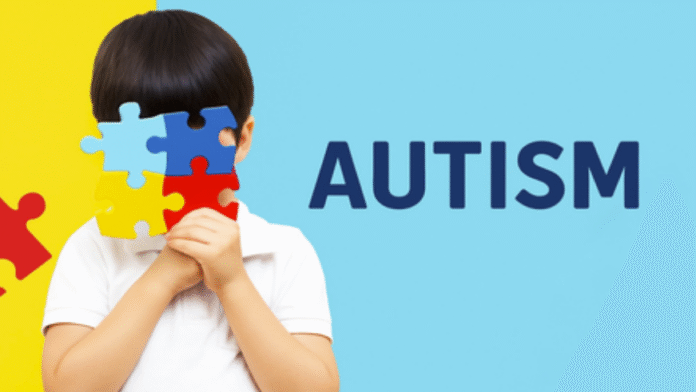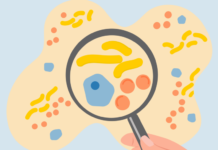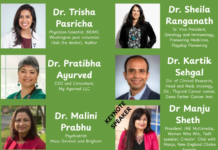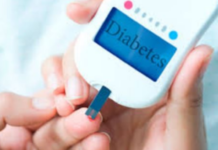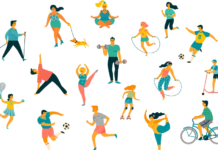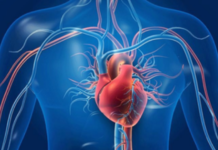NEW DELHI– Complementary and alternative treatments such as acupuncture and music therapy show no strong evidence of effectiveness in treating autism, according to a new study published Thursday.
The research, conducted by Paris Nanterre University, Paris Cité University in France, and the University of Southampton in the UK, analyzed 248 meta-analyses covering 200 clinical trials with more than 10,000 participants. The findings, published in Nature Human Behaviour, revealed that the safety of such treatments has also rarely been assessed.
“Many parents of autistic children, as well as autistic adults, turn to complementary and alternative medicines hoping they may help without unwanted side effects,” said Professor Richard Delorme, Head of Child and Adolescent Psychiatry at Robert Debré Hospital in Paris. “However, it is necessary to carefully consider evidence from rigorous randomized trials before concluding that these treatments should be tried.”
The study examined 19 types of complementary, alternative, and integrative medicines (CAIMs), including animal-assisted therapy, acupuncture, herbal medicine, music therapy, probiotics, and Vitamin D. While some showed limited promise, most results were based on poor-quality or inconclusive evidence.
One of the most concerning findings was the lack of safety evaluation. Fewer than half of the therapies had been assessed for tolerability, acceptability, or adverse effects.
Autistic individuals often struggle with communication, sensory overload, anxiety in unfamiliar environments, and repetitive behaviors, which can impact their quality of life. Studies show that up to 90 percent of autistic people report using some form of CAIM during their lifetime.
To improve transparency, the research team has also launched an online platform summarizing the strength of evidence for different alternative treatments.
The researchers concluded that until higher-quality trials and safety studies are conducted, parents and practitioners should be cautious in turning to such therapies for autism. (Source: IANS)


